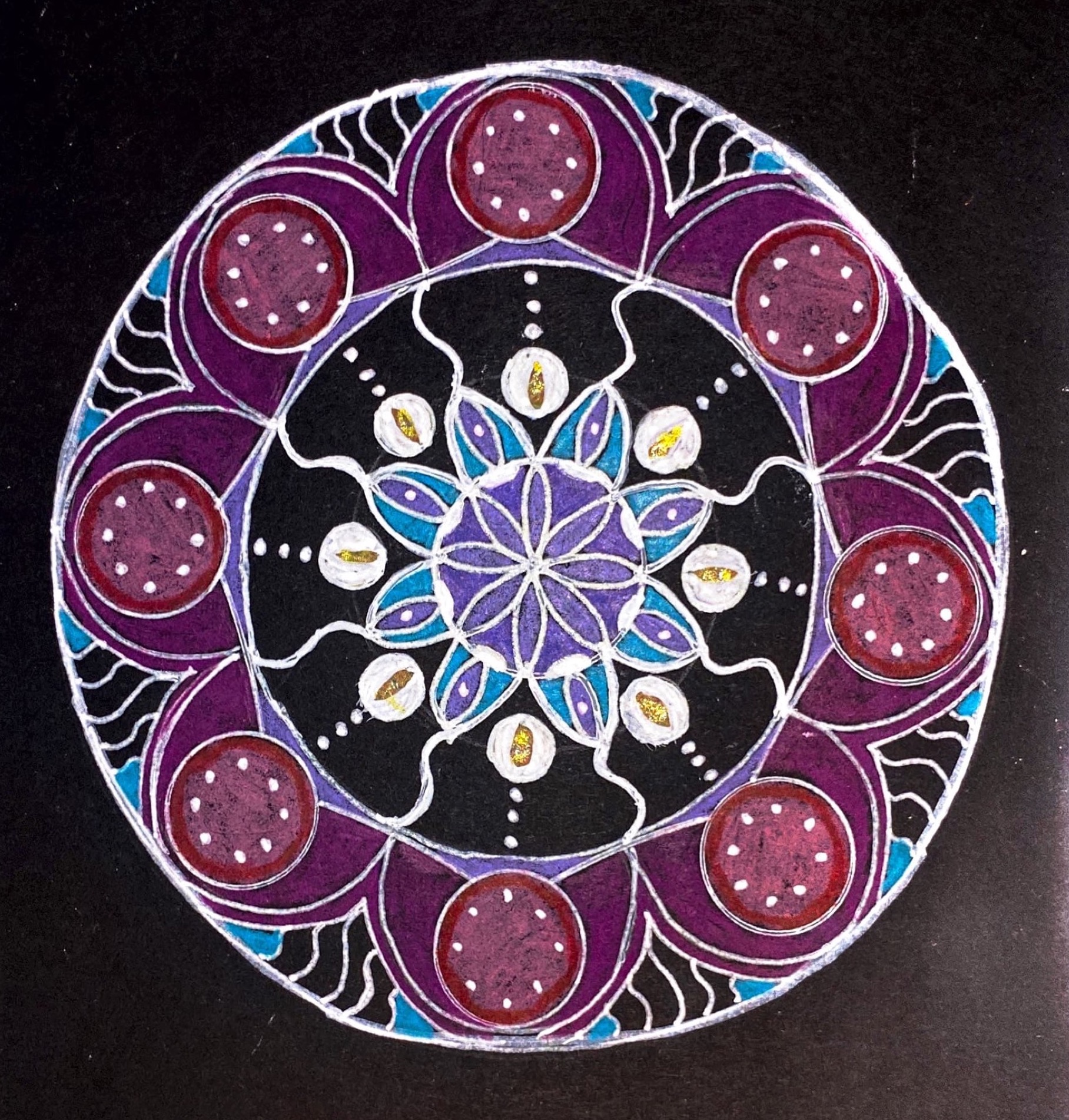Sometimes the answer we’re searching for when trying to comfort someone who is grieving is . . . not much.
Because grief is such a complex and personal process that every single person will encounter in their life, every person also will be confronted with the perplexing question of how to best comfort someone who is struggling with deep grief and profound loss.
Drawing from the surprising wisdom and example in the poignant 2017 movie “Wind River,” we can examine and explore three powerful ways to support someone who is grieving.
1. You can’t fix it. Don’t even try.
It is a function of human empathy that when we see someone in pain, we want to fix it, to make the pain stop. The trouble with grief and loss is, no one can fix it—it’s a process to be navigated, and each journey is as individual as we are. A simple truth is that sometimes (and probably most often!) the most profound form of support we can offer someone in the excruciating emotional pain of deep grief is simply to be present with them, sitting with them in their pain, rather than trying to help them “get past it.” In the movie “Wind River,” the character Cory (played by Jeremy Renner) demonstrates this quiet and powerful form of compassion when he finds his friend sitting alone in his backyard, grieving the loss of his daughter. Rather than offering words or platitudes to help ease his friend’s pain, he walks quietly over to where his friend is sitting beneath the swing set and says, “May I sit?” And then he simply and literally sits with his friend, in this palpable grief, no words necessary. When we just sit with our friends in their sorrow, we offer them the greatest gift we possess: our loving presence.
2. Become their safe space.
In addition to offering your presence and silent companionship, another great way to support those who are experiencing loss and grief is similarly simple—and equally difficult— (especially if you happen to be a “fixer”), merely listen. By offering them a safe space to express their feelings, no matter how uncomfortable these may be for you to witness, you give them the great gift of validating their experience and showing your unconditional support borne of your deep love and concern. The emotions associated with grief can have many forms and faces—quiet sobbing, keening (wailing uncontrollably), laughing, screaming, or rage—and few people are willing to offer a safe space for that. Most prefer these expressions to be confined to privacy. Be the person who sits and listens, allowing whatever organic form their expression of grief takes, for as long as it takes. In this way, you become an agent of healing and support without judgment.
3. Be a bridge.
The act of rallying around someone we care about in times of crisis has its own timing and rhythm. At some point there may be a time when your support needs to become more practical, gently guiding them to resources when you feel they need more help that you can provide. Searching out resources for them and gently guiding them to more expert help can be invaluable to their healing process. Even as we remain committed to walking beside them, sitting with them, and listening deeply, we can also be a bridge to emotional support only professionals—such as grief counselors, support groups, or therapy services—can provide. Making the decision to seek professional help—and then finding and vetting these support services—can be overwhelming to the person who is grieving, so much so that they choose to pass on vital resources that can provide the tools they need to heal.
By embracing the sacred responsibility to support others in times of loss and deep grief, we learn to draw upon our deepest empathy, patience, and respect for their needs over our own comfort level. By learning to simply sit with someone in pain, listen deeply, and allow them to express their most complicated emotions authentically, and become a connector to the resources that can provide them with the tools they need to heal, we honor this sacred responsibility. We may even become a beacon of light and hope that will help them through their darkest hours. When we learn and practice being this kind of steadfast companion of support, we participate in their healing and transformation beyond deep grief’s darkest walls.

